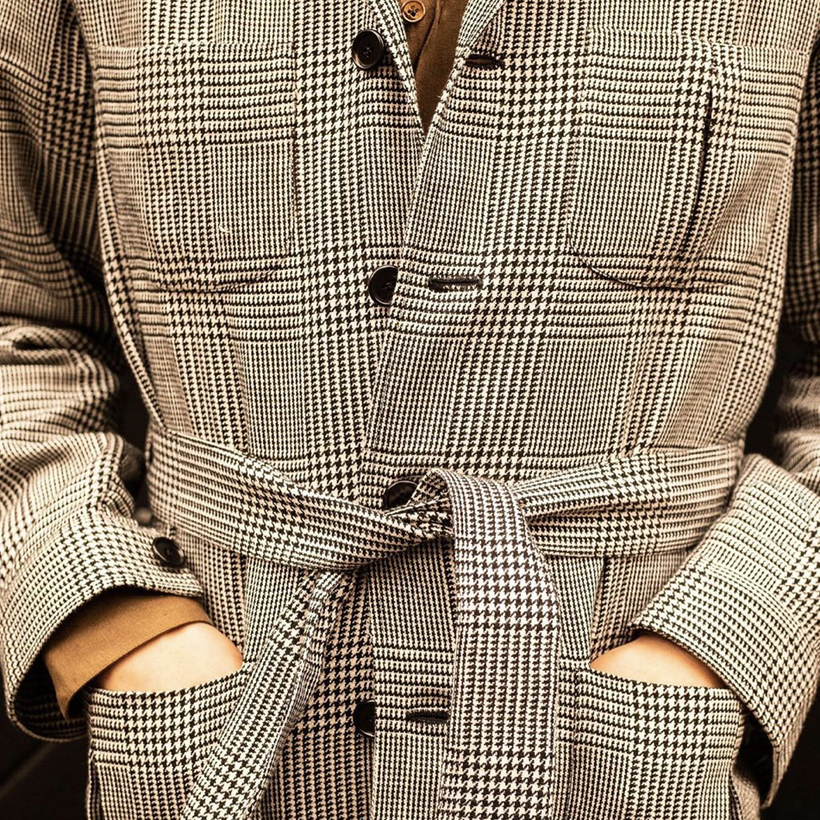Singapore is not usually considered a world fashion capital, but look beyond the Crazy Rich Asians stereotype and you will find Wei Koh. Scion of a diplomatic dynastic family, Koh grew up in the United States, where his Harvard- and Cambridge-educated father served as Singapore’s permanent representative to the United Nations. After a few years in the salt mines of Hollywood—his first job was working for Kathryn Bigelow, and he still has a surfboard from her film Point Break—he returned to the island entrepôt to found a watch magazine called Revolution and then, in 2008, The Rake. At the time, it was a near lone voice of classic male elegance in what he saw as a stylistic wilderness of big-name publishing brands.
Twelve years later, The Rake has found its place as the newsstand equivalent of spending the day with Gianni Agnelli driving a Ferrari GTO up to Saint-Moritz to be photographed by Slim Aarons. The Rake has long championed regional Italian tailors, artisan shoemakers, small shirt workshops, and heritage tie-makers. Then three years ago, in what Koh describes as “a way of finding a new relevance for print,” he started an e-commerce shop within The Rake’s Web site to sell the clothes his magazine had been writing about.


